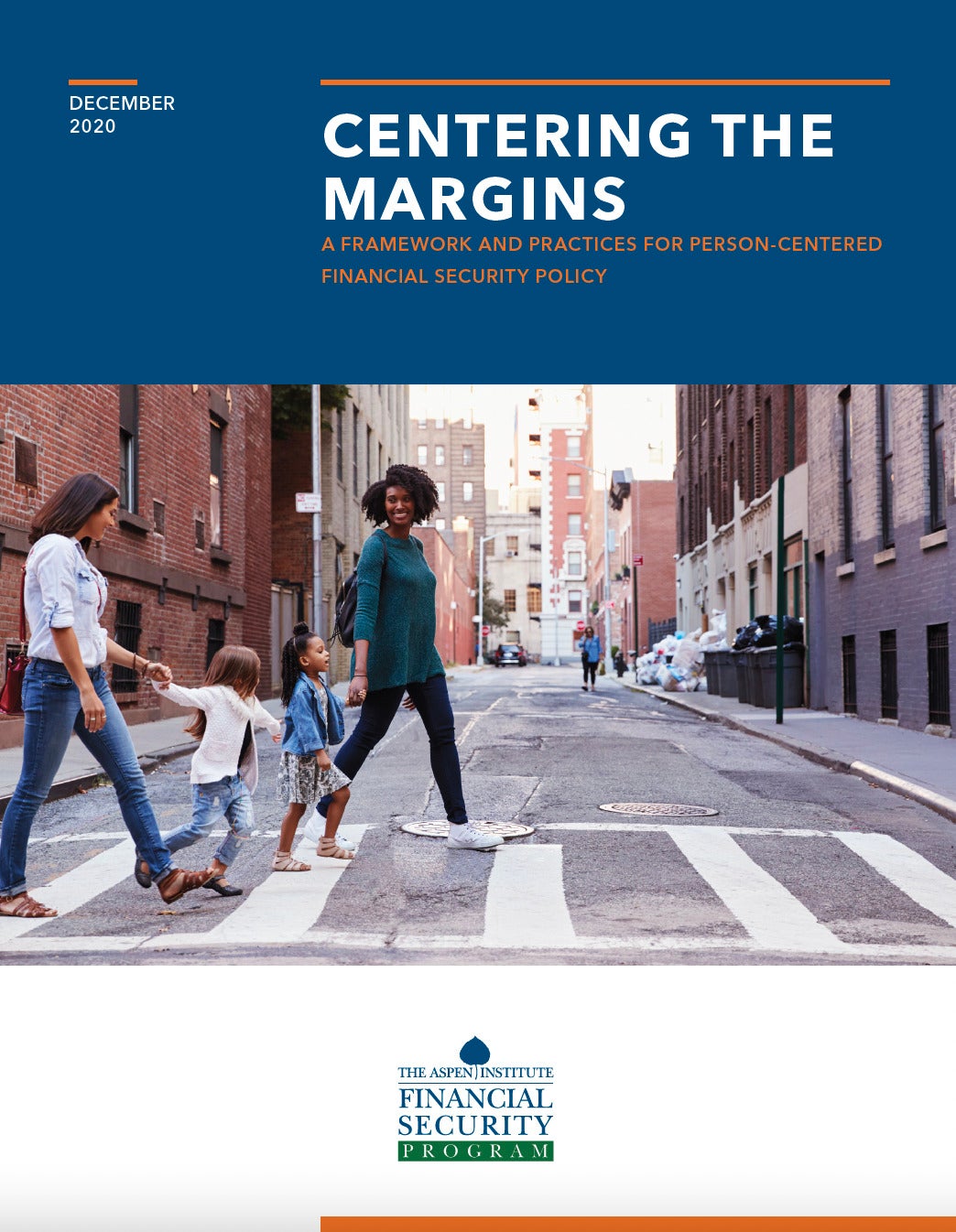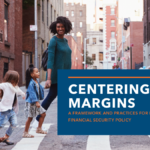As of October, around 12 million people, disproportionately Black and Latinx households, had yet to receive their Economic Impact Payments. Further, less than 60 percent of the 33 million UI claims made by the end of May had been paid. The visibility and scale of these failures have brought renewed attention fixing the longstanding inadequacy, inaccessibility, and unresponsiveness of the nation’s financial safety net.
To change these outcomes, we have to flip the current top-down model of policy design, replacing it with a person-centered approach. In this paper, the Aspen Institute Financial Security Program in partnership with Springboard to Opportunities identifies a set of practices for applying a person-centered framework to the design and evaluation of financial security policy.
DOWNLOAD THE EXECUTIVE SUMMARY
DOWNLOAD THE FULL REPORT
Download the paper today to read about how Springboard to Opportunities, a Black-women led, community-based organization, implemented its “radically resident-driven” ethos — and what policymakers can learn from this model.
Share on Social



